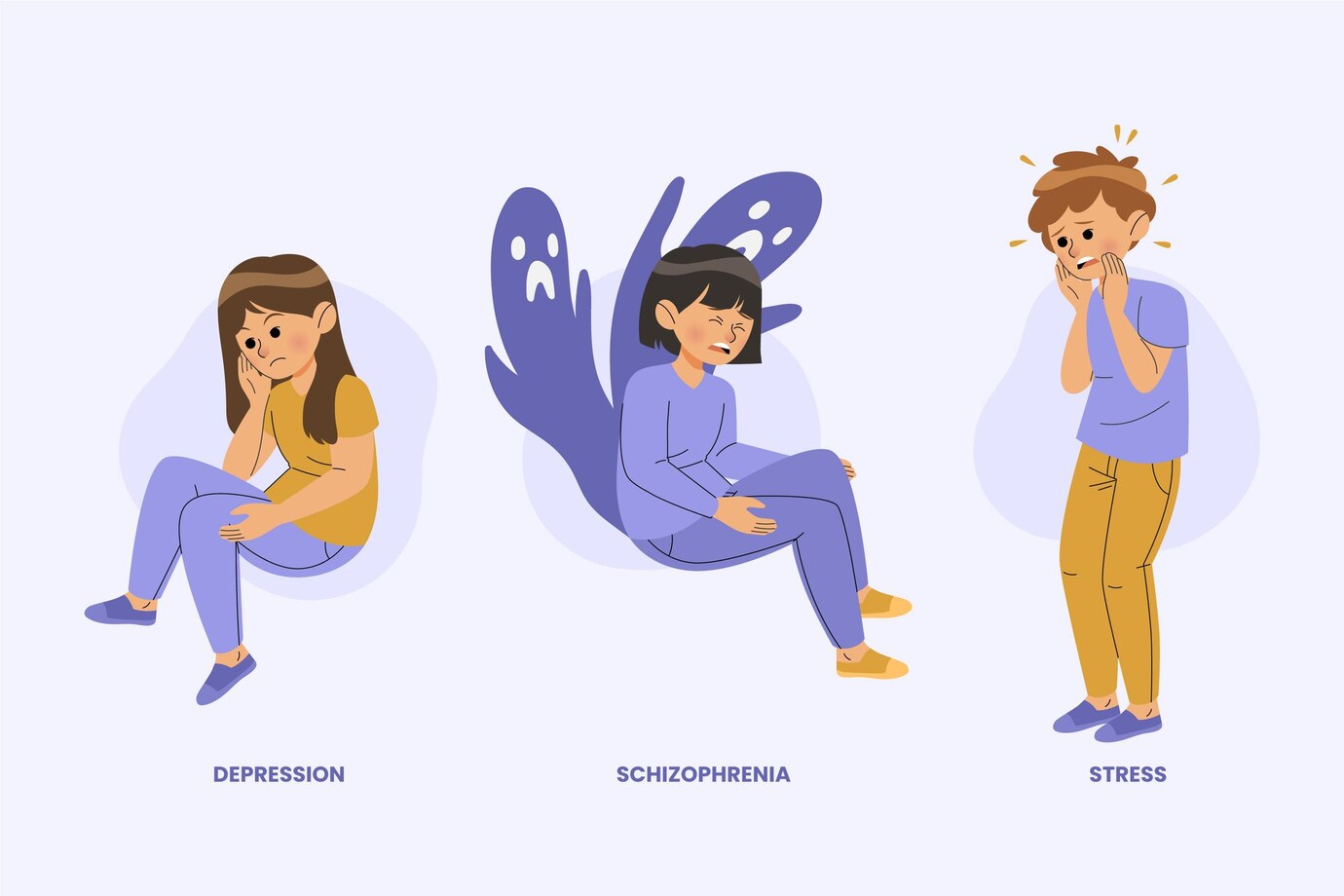
Bipolar Disorder and Suicide Prevention: A Simple Guide
Bipolar disorder can significantly increase the risk of suicidal thoughts and behaviors, but recognizing warning signs and seeking support can help prevent tragedy. Here’s what you need to know:
- Know the Warning Signs: Be aware of signs that may indicate someone with bipolar disorder is at risk of suicide, including talking about wanting to die, expressing feelings of hopelessness or worthlessness, withdrawing from social activities, and engaging in reckless behavior.
- Take All Warnings Seriously: Any mention or indication of suicide should be taken seriously, even if it seems casual or offhand. Don’t dismiss or ignore these warning signs, and instead, offer your support and encourage the person to seek help.
- Encourage Open Communication: Create a safe and non-judgmental environment for discussing feelings and struggles related to bipolar disorder. Let the person know that it’s okay to talk about their emotions and that they’re not alone.
- Seek Professional Help: If you or someone you know is experiencing suicidal thoughts or behaviors, don’t hesitate to seek professional help immediately. Contact a mental health professional, call a crisis hotline, or go to the nearest emergency room for assistance.
- Remove Access to Means: If possible, remove access to potentially lethal means of self-harm, such as firearms, medications, or sharp objects. Limiting access to these items can help prevent impulsive acts of self-harm.
- Provide Support: Offer ongoing support and encouragement to the person with bipolar disorder. Let them know that you care about their well-being and are there to help them through difficult times.
Remember, suicide is preventable, and there is hope for individuals living with bipolar disorder. By recognizing warning signs, offering support, and seeking professional help, we can work together to prevent suicide and promote mental health and well-being.
To seek medical advice, always consult a Doctor. Here are our recommended experts. Click here
To read more on Neurological Disorders. Click Here
Recent Posts
Dr. Karan0 Comments
Preventing Gum Disease: Key Habits and Dental Check-ups
Dr. Karan0 Comments
Recognizing the Signs and Symptoms of Gum Disease:
Tags
arthritis
Blood tests
causes
Children
complications
coping strategies
diabetes
diagnosis
diet
eczema
exercise
Healthy Lifestyle
Heart Disease
heart health
High blood pressure
hormonal imbalances
Hormones
hydration
india
Indian patients
inflammation
lifestyle changes
management
medication
Medications
mental health
Nutrition
pain management
Peripheral Vascular Disease
physical therapy
pregnancy
prevention
risk factors
signs
skincare
skin condition
stress management
stroke
support
surgery
symptoms
transmission
treatment
treatment options
Women's Health


